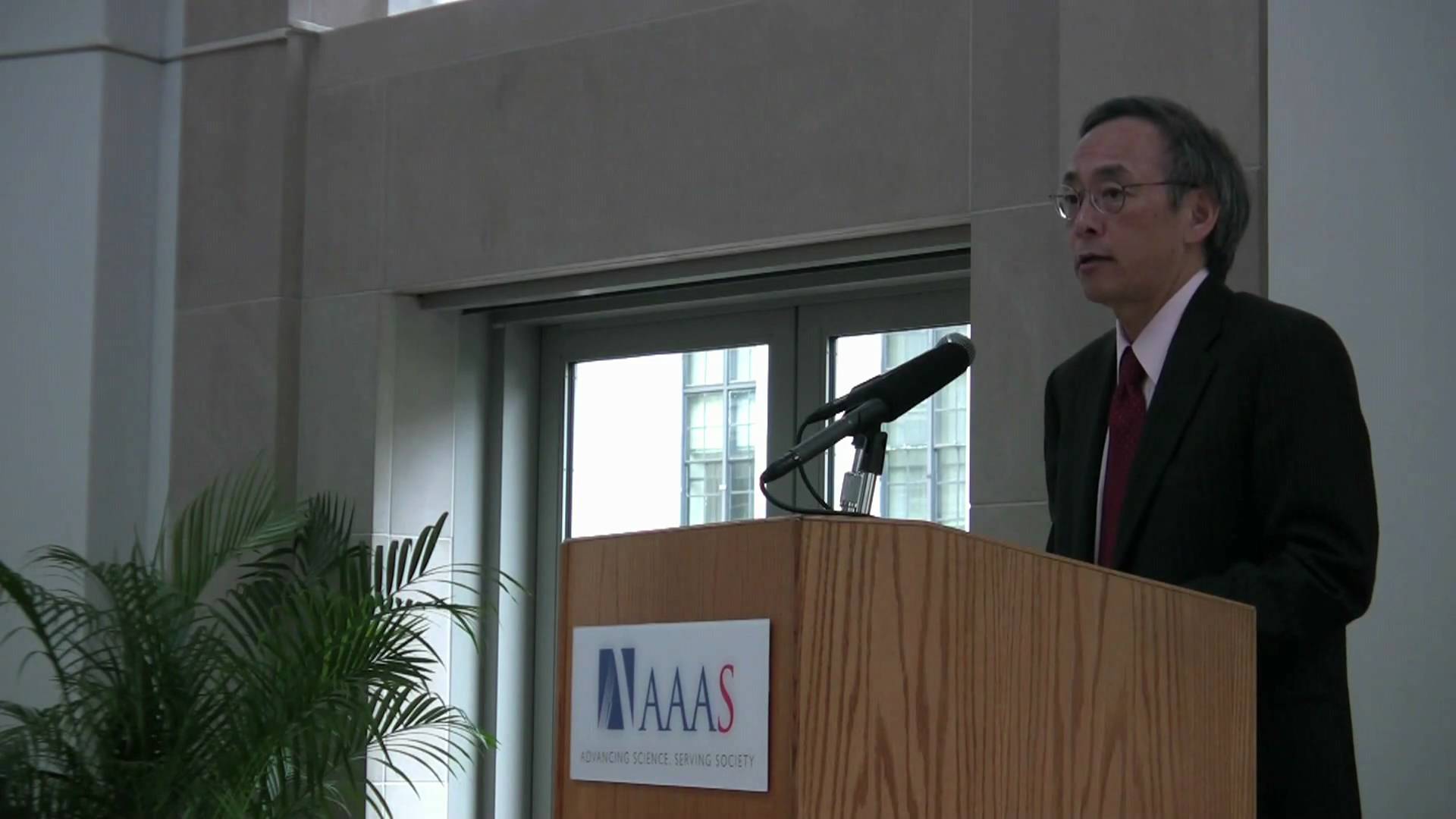Agriculture
Climate change will affect agriculture by altering growing seasons, changing rainfall patterns, and enabling new invasive species to flourish, all of which will eventually impact our food distribution.
Specialists in agronomy, pest and water management, and food distribution will be needed to map out the best ways to mitigate and acclimate to these changes.
Ecology
Climate change will have dramatic disruptive effects on our ecosystems, resulting in migrating tree species in our forests, loss of wetlands, expansion of the subtropics and accompanying droughts, ocean acidification, and changes in stream temperatures and flows, all of which will impact our plant and animal species.
The loss of habitat and the introduction of invasive species could change patterns of dominance and survival, and likely result in a loss of biodiversity. To understand the gestalt these changes will bring and manage them, we will need more conservationists and environmental scientists specializing in chemistry, biology, marine biology, aquatic biology, botany, forestry, soil, freshwater, wetlands, natural resources and ecology restoration.
Education
Arguably most important of all, there is and will continue to be a need for teachers trained in science, environment, ecology and sustainability to help the next generation learn to think about our world and their relationship to it in a sustainable way.
The good news is that more and more college students are already turning to studies geared towards climate change, environment, and sustainability on the undergraduate level.
The New York Times reported that 38 percent more students minored in environmental studies at Boston College this year than in 2003, and Iowa State University’s enrollment in environmental studies and environmental science jumped 50 percent between 2003 and 2008.
Because Fordham University also experienced a 50 percent increase in demand for environmental majors within the last five years, it established two new environmental majors in Environmental Science and Environmental Policy starting this fall.
Also beginning this fall, the University of Montana’s Climate Change Studies Program will offer one of the country’s first undergraduate degree programs devoted to global climate change.
Graduate programs in this area traditionally focused on either environmental sciences or environmental policy, but today
“We have to generate scientists who have an appreciation for the practical applications, and policy people who make policy based on sound science,” said Dr. Dibs Sarkar who established Montclair State University’s new Ph.D. program in Environmental Management in January.
Montclair State’s holistic program, which aims to bridge the gap between science and policy, integrates key elements of physical, chemical, biological, social and management practices into the study of natural and human environments.
Columbia University’s new 12-month Climate and Society Master’s degree claims to be the first program to integrate climate science with the impacts of climate effects on society. It incorporates aspects of earth sciences, earth engineering, international relations, political science, sociology, and economics with interdisciplinary and practical applications.
The combination of climate understanding with pragmatic skills will likely produce new professional niches. For example, last summer, Climate and Society alumna Arame Tall worked with the International Federation of the Red Cross in her native Senegal. Because she was able to forecast severe storms for the upcoming rainy season, Tall helped the IFRC raise money in advance and get disaster relief supplies in place before the heavy rain hit.
The new two-year Global Climate and Environmental Change Master of Science program at the University of California at Riverside, based on initial fieldwork in the Sierras, focuses on the interface between disciplines such as geology, chemistry and forestry because it has proven difficult to develop an accurate picture of climate change by knitting various scientific fields together with past, present and future climate systems.
The UC Riverside program will train students in the techniques of analyzing and theories of climate change to gather precise climate records, which are critical to making useful and accurate computer model predictions about climate change.
“In order for there to be jobs, we need to have a new understanding of what needs to be learned, studied and changed,” said Martin Kennedy, the program’s director.
Law schools, which have traditionally taught environmental law through existing laws, such as the Clean Air Act and Clean Water Act, and previous interpretations of them, are also beginning to focus on climate change with an eye on evolving regulations in government and the private sector.
Pace Law School’s new Climate Change track within its Master of Laws in Environmental Law program combines academics with practical experience.
The new Center for Climate Change Law at Columbia Law School will work with government and the private sector to develop the framework to shape environmental regulations, and train future lawyers in climate change law.
Undergraduate and graduate climate change programs will no doubt multiply in years to come, especially if the Markey-Waxman bill’s provision for grants to universities to develop more programs in climate change mitigation makes it through Congress.
And as the Obama administration and Congress put together regulations and legislation to address climate change, the career opportunities, both domestic and global, can only increase.
See also:
Green Power’s Challenge: Willing Workers, Few Training Programs
Green Jobs Champion Hilda Solis Gets Secretary of Labor


cheryl
this is cool… you should include Arizona State, which is claiming to be the nation’s first school of sustainability.
stump grinder rental
What kind of loan do you recommend me getting or grant?im starting a tree service business cause there are no Arborist in my surrounding counties!! and i need a chipper stump grinder, and a log loader, i will all be around 20-25 thousand dollars, my credit is about 640-660, i have done tons of research on my business,what do you recommend??
Gelbe Zähne
I successfully used this blog for a university project. Just to give credit.